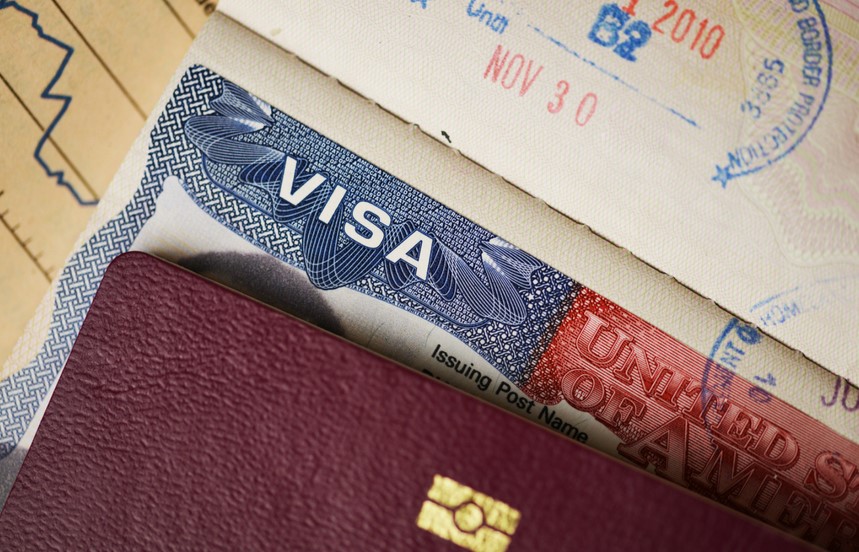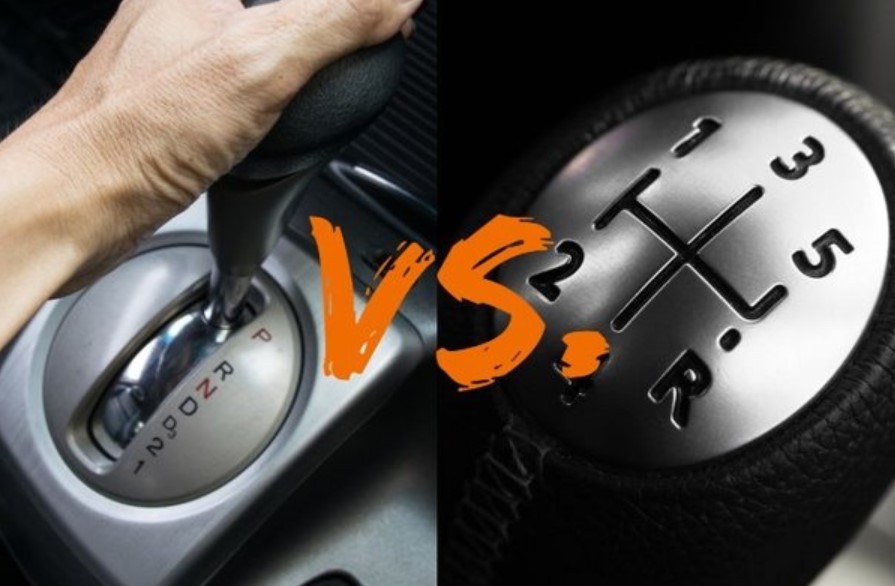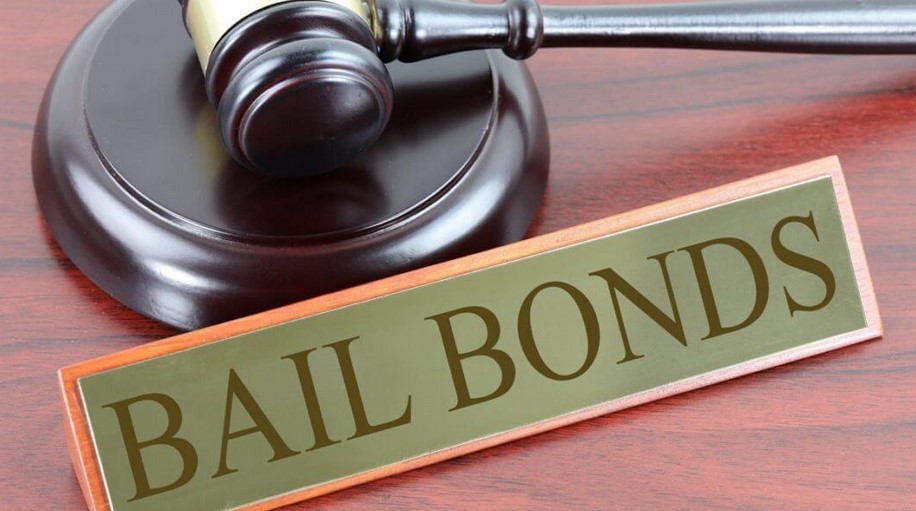
Consular processing is most often seen in cases involving family-based immigration. It’s used when a family member of a U.S. citizen or lawful permanent resident who is a citizen of another country applies for an immigrant visa at a U.S. consulate in their nation of citizenship. The process is triggered upon the approval of an immigration petition visa numbers from the immigrant’s country of citizenship are available. Our immigration lawyers offer legal help with consular processing in San Jose. Here are the steps that you’ll need to go through.
Filing the Petition
An immigrant petition known as a Form I-130 must be filed on your behalf with U.S. Citizenship & Immigration Services. It must be filed by an immediate relative like a parent, spouse or child who is either a U.S. citizen or a lawful permanent resident. Assuming that the petition is approved, it’s then forwarded to the National Visa Center. It’s likely to sit there until such time as a visa number from your country is available.
The National Visa Center
When it receives the approved petition, the National Visa Center advises the petitioner and beneficiary accordingly. It will then notify them again when a visa number is ready to become available. That’s when the parties should be ready to pay the appropriate processing fee, provide appropriate supporting documentation and anything else that might be needed.
The Consular Appointment
When your application reaches the front of the line (priority date), you’ll be notified in writing of when and where your consular interview appointment is scheduled. Busy consulates like those in the Philippines, Great Britain, or India have somewhat longer waiting times. Upon the scheduling of the appointment, the parties to the petition must electronically complete and file a Form DS-160 and pay the visa processing fee. The parties will be instructed as to where to pay the fee. The beneficiary must bring proof of filing of the DS-160 and proof of payment of the visa processing fee with him or her at the interview.
The Consular Interview
This is the final step in consular processing. This interview gives the government an opportunity to confirm the information in your application under oath. Review your answers on your forms. Many of the questions at your interview will duplicate the questions and answers on your forms. You may not be approved then and there. You might be told to return to pick up your visa. It will appear as a stamp on your passport. The visa will only be valid for entry into the United States for a certain period of time. If you encounter delays, you can seek an extension, but we strongly recommend getting to the United States within that time period.
You’re Not Done Yet
You’ll receive a sealed packet or envelope after issuance of your visa that cannot be opened until such time as you present yourself for inspection at your port of entry. The immigration officer who inspects you will open it. Formal entry into the United States is at his or her discretion. This should be a routine process.
The consular processing requirements for family-based immigration can seem confusing and overwhelming. The assistance of the lawyers here at Yemi Getachew Immigration Law Office can be pivotal in helping an intending immigrant to be successful in a U.S. Consular interview. If you need the assistance of a San Jose immigration lawyer for purposes of consular processing, contact our offices for a consultation and case review. We’ll be pleased to speak with you and answer your questions.






